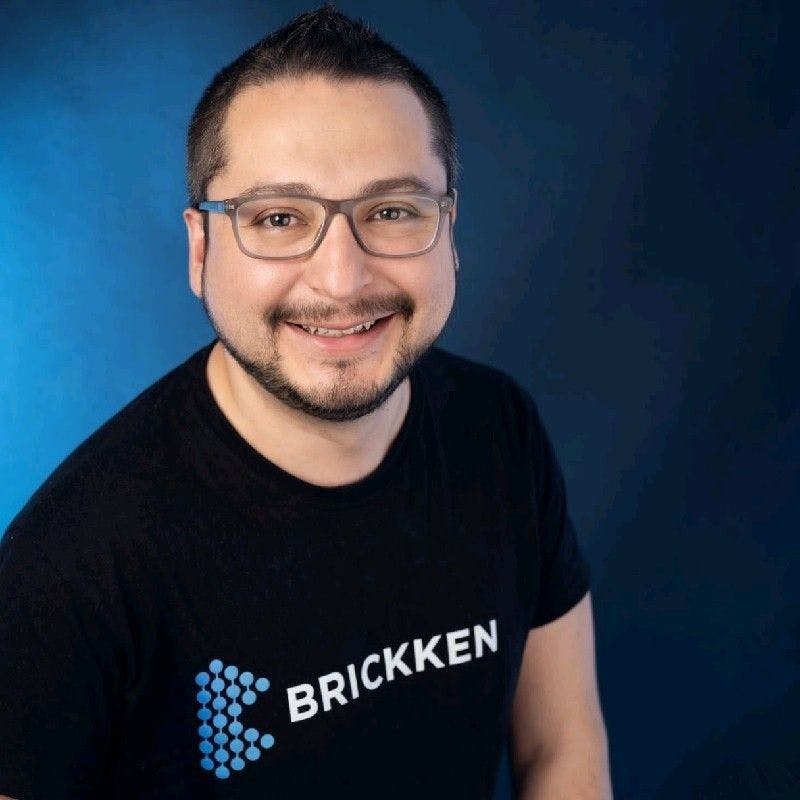600 reads
“We Are Cutting Off The Middleman” - Brickken Co-Founder and CEO Edwin Mata Navarro on Tokenization
by
January 23rd, 2023
Audio Presented by

A seasoned blockchain journalist & legal consultant shaping crypto narratives and navigating regulatory minefields.
About Author
A seasoned blockchain journalist & legal consultant shaping crypto narratives and navigating regulatory minefields.
Comments
TOPICS
Related Stories
3 Ways To Reach the C-Suite
Nov 30, 2022
